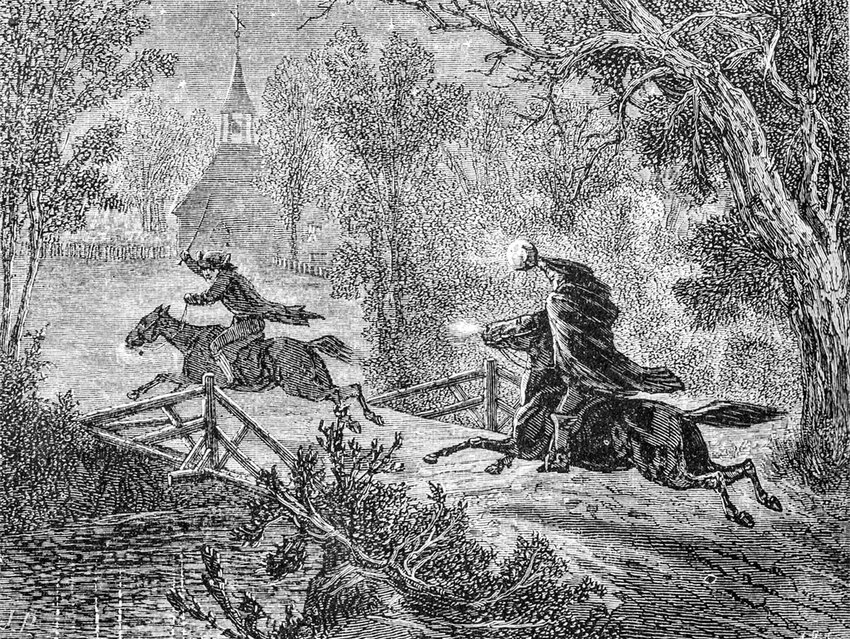
Utopian
[yoo-TOH-pee-ən]
Part of speech: adjective
Origin: Ancient Greek, mid-16th century
1.
Modeled on or aiming for a state in which everything is perfect; idealistic.
Examples of Utopian in a sentence
"Jay believed in vegan utopian ideas and wished everyone would follow a plant-based diet."
"Many of Silicon Valley’s early utopian ideas ultimately failed as foundations for successful tech companies."
About Utopian
“Utopian” is based on the name for an ideal world coined by Sir Thomas More in his 1516 work “Utopia.” More created the word “Utopia” by combining the ancient Greek οὐ (“ou”), meaning “not,” and τόπος (“tópos”), meaning “place, region.” More's Utopia was an imagined world, but within 40 years of the publication of the book, the adjective “utopian” had become an expression for ideas that aimed to create such an idealized world.
Did you Know?
Around the world, there are organized communities aiming to improve the standard of living through fresh ideas about housing and social interactions. These communities have varied structures, extending from hippie communes to social housing to collective condominium developments. Most modern utopian-based projects are tightly connected with environmental goals. They may be called “utopian,” but they pair dreams of a perfect world with tangible goals of reducing waste and generating sustainable energy.



.jpg)




